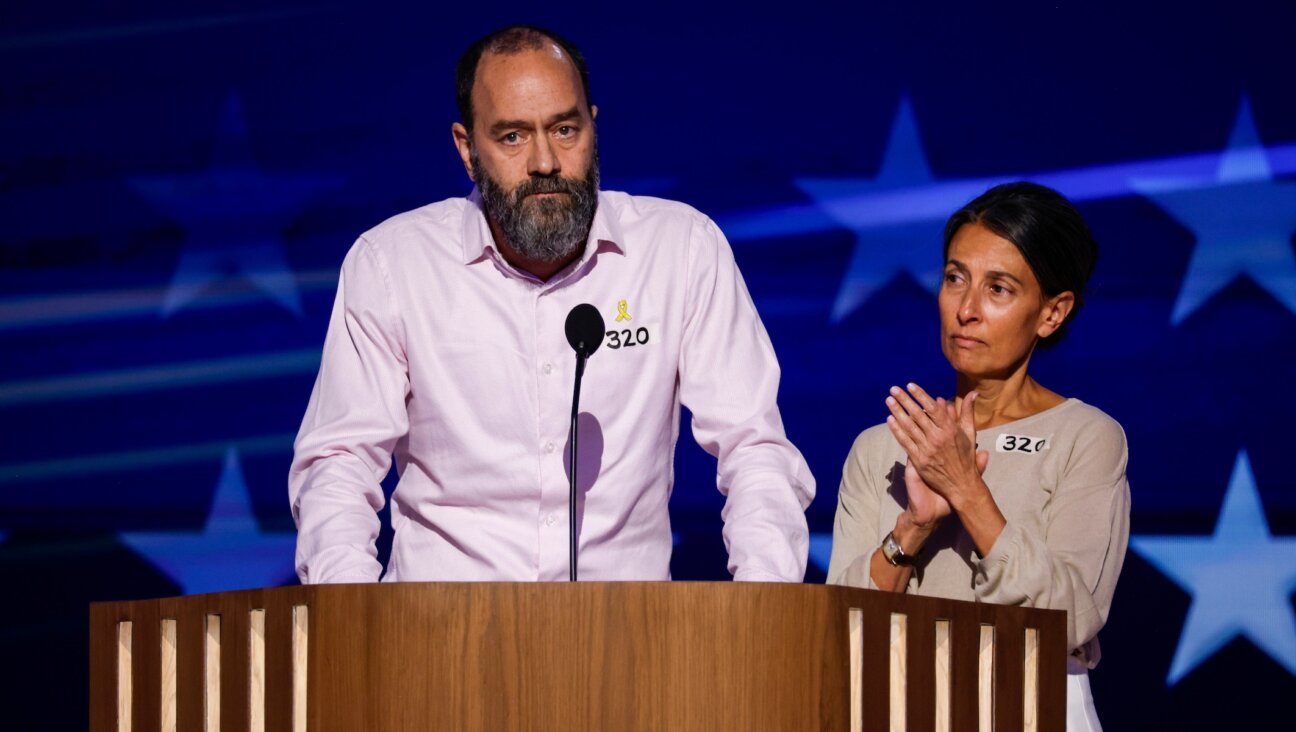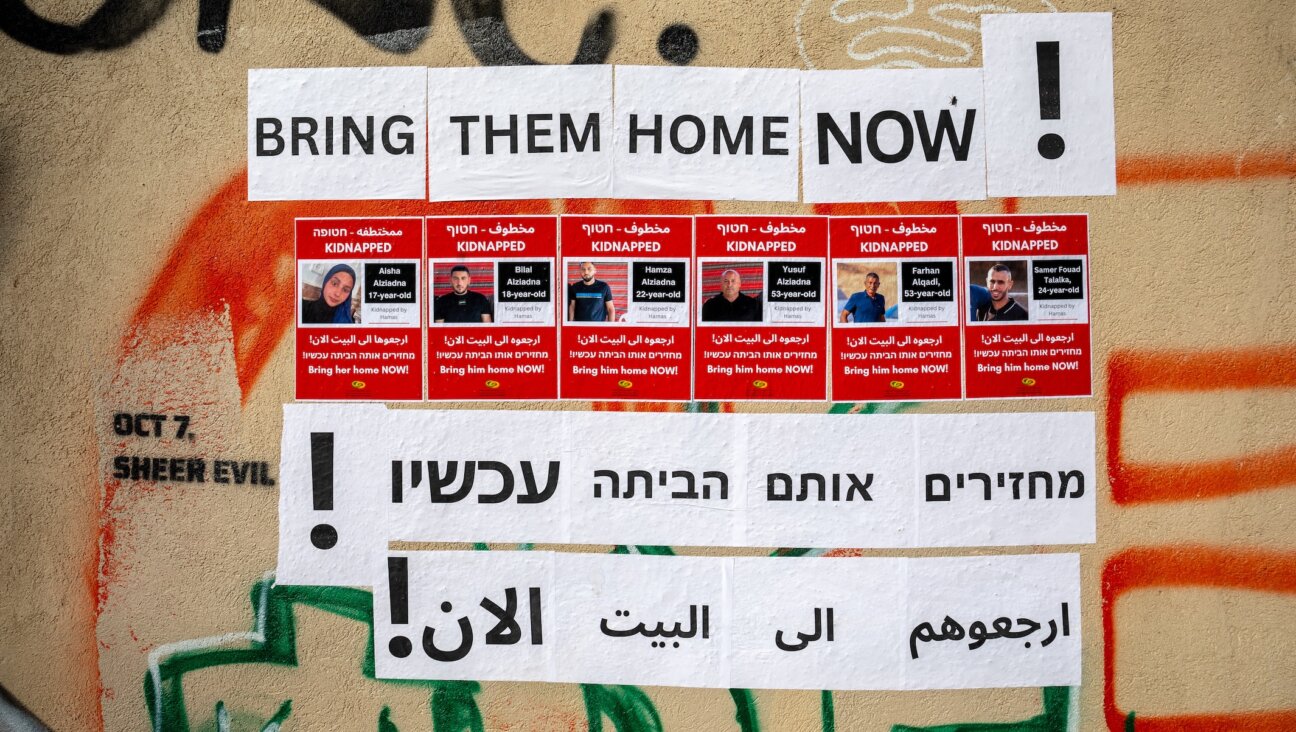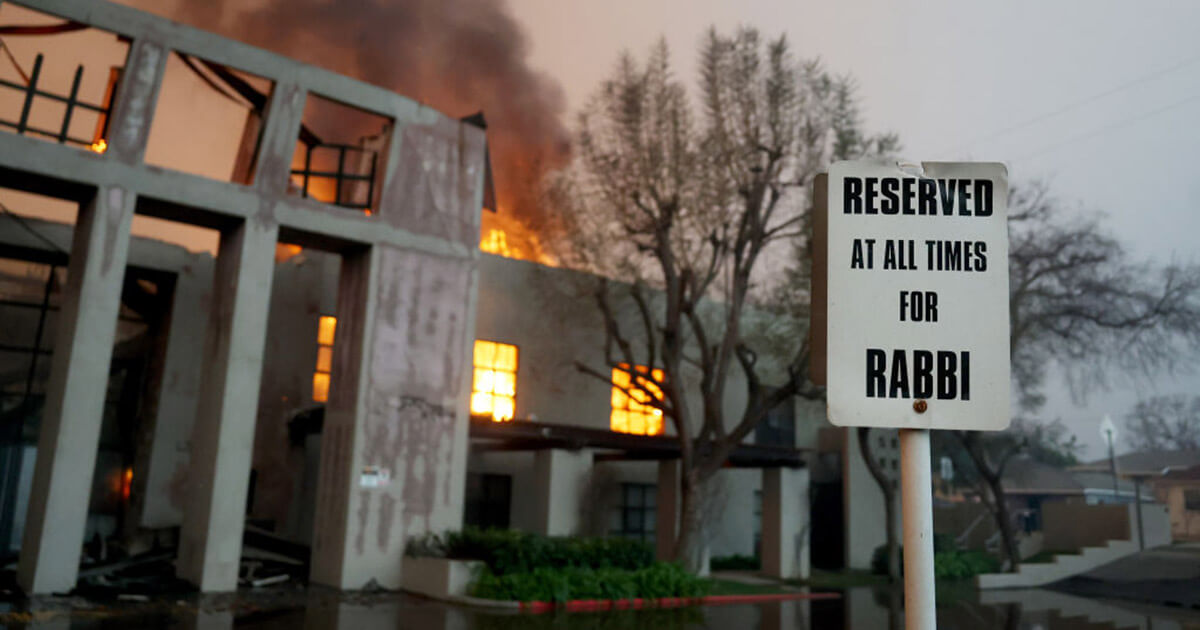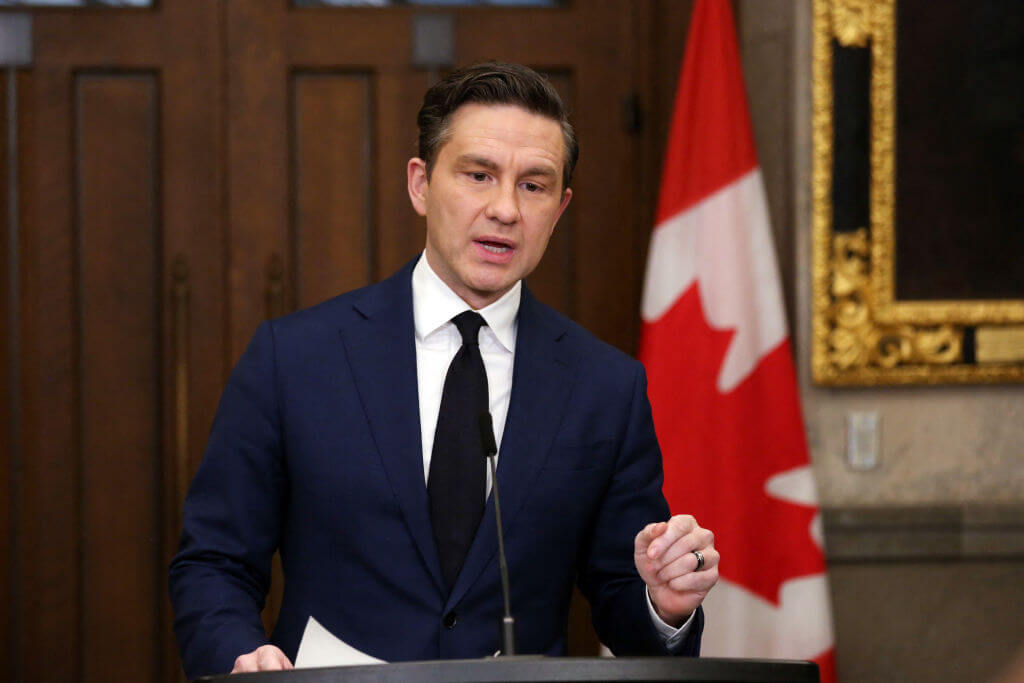150,000 Holocaust survivors to receive $200M in emergency COVID-19 funding

Vladimir Proch, a Holocaust survivor and Claims Conference recipient, visits a memorial monument in Kiyv, Ukraine on March 14, 2016. (Cnaan Liphshiz)
(JTA) — About 150,000 Jewish victims of Nazi persecution are set to receive emergency funding of approximately $1,400 per person from Germany in the coming days, according to the Conference on Jewish Material Claims Against Germany.
The funds, totaling about $200 million and referred to as the Supplemental Hardship Fund Payment, were negotiated in 2020 and originally planned to be distributed in two payments by the end of 2022.
But the Claims Conference, an organization representing world Jewry in restitution negotiations with Germany, and the German government agreed to speed up the payments to help recipients cope with the financial hardships surrounding the COVID-19 pandemic that have been renewed with the spread of the Omicron variant.
This means that recipients who already received the first Supplemental Hardship Fund payment of $1,400 will receive the second payment now. Recipients who have not received any Supplemental Hardship Fund are eligible to receive both payments together now.
“As the cost of living rises and as the pandemic makes everyday life more complicated for the elderly especially, we’re able to pay about half of the world population of Holocaust survivors a significant amount,” said Greg Schneider, the executive vice president of the Claims Conference. About half of the recipients of the new funds live in Israel, Schneider said.
The recipients of the Supplemental Hardship Fund Payment are predominantly Russian speakers who had to flee the Nazis but did not suffer the horrors of concentration camps. Survivors of concentration camps generally receive monthly pensions from Germany while the recipients of the Supplemental Hardship Fund Payment tend to have fewer financial resources than other categories of survivors.
—
The post 150,000 Holocaust survivors to receive $200M in emergency COVID-19 funding appeared first on Jewish Telegraphic Agency.
A message from our Publisher & CEO Rachel Fishman Feddersen

I hope you appreciated this article. Before you go, I’d like to ask you to please support the Forward’s award-winning, nonprofit journalism so that we can be prepared for whatever news 2025 brings.
At a time when other newsrooms are closing or cutting back, the Forward has removed its paywall and invested additional resources to report on the ground from Israel and around the U.S. on the impact of the war, rising antisemitism and polarized discourse.
Readers like you make it all possible. Support our work by becoming a Forward Member and connect with our journalism and your community.
— Rachel Fishman Feddersen, Publisher and CEO





















